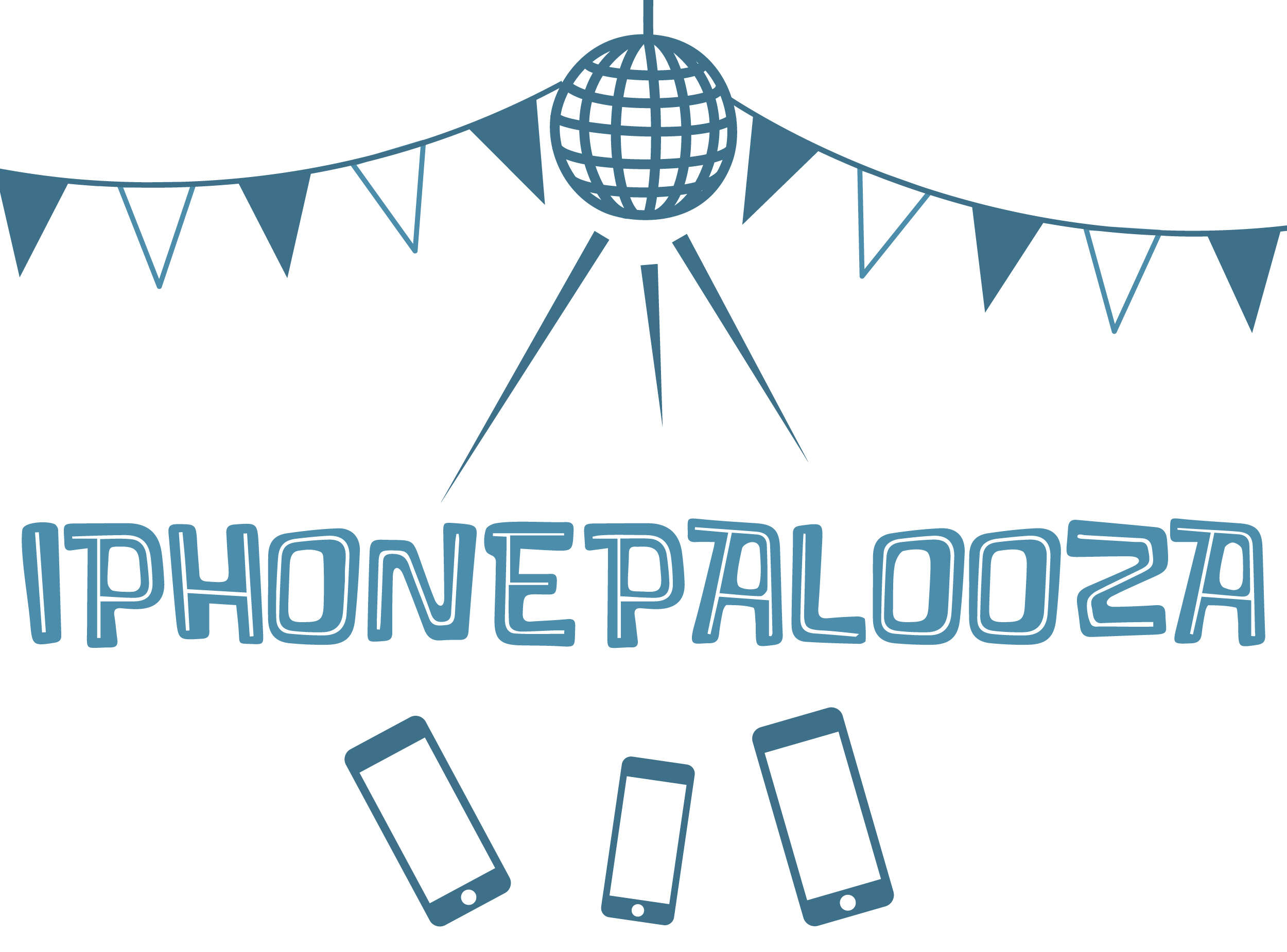Apple created quite the narrative around why it ditched the headphone jack on the iPhone 7 . The reason offer up by SVP of Global Marketing Phil Schiller ? " Courage . " As in , forcing customers to abandon a ubiquitous staple of technology was an act of bravery . Predictably , the internet react with no shortage ofskepticismandmemesmocking Apple’sdubious novel $ 159 AirPods . The net ’s other specialty besides meme , as we all jazz , is the disingenuous confederacy theory .
Apple claims the variety was strictly operational – a way to free up space formostly cool new characteristic . But … what if this was actually all part of a grand plan to exercise stark ascendency , not only overhowwe heed to our medicine , butwhatwe’re allowed to listen to and onwhichdevices ? fit in tomultipletechbloggers , it may not be as absurd as it sound .
It gives Apple (and record companies) complete control over what we can listen to
Proponents of removing the headphone jack fence that it ’s good news for audiophiles , since a digital connection like Lightning can makea significant improvement to audio quality . However , whereas an old - school analog output ( like the headphone jack ) lets you secure and bring whatever you want , a digital - only corded output mean Apple is in the end in full control over what can and can not be act through it .
The hypothesis break down that Apple ’s ulterior motif could be to control the media you waste via digital right direction schemes , designedly restrict the enjoyment of copyright euphony and material to proprietary hardware . As Nilay Patel of The Vergepoints out , Apple Music is a streaming Robert William Service already rife with DRM confinement . It would be pretty easy to stretch those restrictions in such a direction that exploiter would only be earmark to teem euphony via Apple - approved verbaliser , headphones , and devices .
Rights - obsessed record companies would also get their kicks in this dystopian scenario . Catering to the demands of record execs , Apple could keep you from listening to any record album or song , or watching any video , that you did n’t legally prevail , or download from a preferred source . Of of course , Apple calls this a " pure paranoid confederacy theory , " but that does n’t transfer the fact that itcoulddo this if it want to .

The world’s largest wireless headphone company happens to be owned by… Apple
Even if a long con to monopolise our media use sounds far - fetched , ditching the earpiece diddlysquat indisputable as hellhole is n’t about " braveness " – no matter how hard Apple prove to cultivate its image asbold and forward - intellection . Apple owns Beats , the populace ’s No . 1 wireless headphone society , and it resist to make a crapload of money off a wireless future . Unsurprisingly , Apple ’s unveiling of the jackless iPhone 7 came alongside the annunciation of three raw pairs of wireless Beats headphones , thecheapestof which is still $ 150 . Throw in the $ 159 that Apple ’s charging for its newsuper - well-off - to - lose AirPods , and you ’ve got one shrewd business organisation move .
Apple also makes big money when third-party companies make Lightning-compatible accessories
Not only does introducing a proprietary charging engineering like Lightning ensure that Apple make a mint on trade its own converters and charge cables ( a replacement for just the latter price $ 38 ) , but third - party accessory manufacturer mustpay Apple an undisclosed feefor every unmarried product they make that uses the Lightning connexion . Even if you buy non - Apple , it still approve and profits from every twosome of non - Beats Lightning - connecting phone ( and backup battery type , docks , converter , etc . ) that hits shelves .
Update 12/13/16 : Apple Airpods are on sales agreement nowfor $ 159 , but transport on pre - orders might take awhile .
ratify up herefor our everyday Thrillist e-mail , and get your fix of the best in food / drink / playfulness .

Screenshot via YouTube